Why Use Dual Fuel Engine Oil After Replacing Oil With Gas?
1. What is the difference between gas powered cars and gasoline powered cars?
The lubrication and maintenance of gas vehicles are more demanding than gasoline vehicles, mainly due to the following reasons:The combustion chamber temperature of gas vehicles is much higher than that of gasoline, which promotes rapid aging of lubricating oil, leading to lubrication failure and early wear of components.The valve seat and components are dry and non lubricated, which can easily cause excessive wear.There are many nitrides in the exhaust emissions, which promote the rapid deterioration of engine oil and an increase in oil sludge.
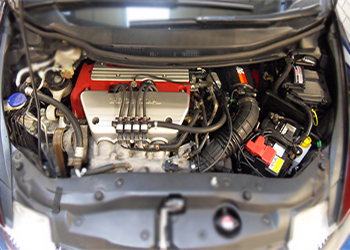
2. Why is the lubrication of gas vehicles two highs and one difficulty?
High temperature combustion chamber (up to 600 degrees)The heat value generated by CNG combustion is higher than that of gasoline, causing an increase in combustion chamber temperature. The combustion chamber temperature of gas engines with relatively different gas sources and power levels varies from tens to hundreds of degrees higher than that of gasoline vehicles.Difficult to lubricate
High temperatures are not conducive to the formation of lubricating oil films, and promote rapid oxidation of engine oil. High temperatures and increased deposits affect the effectiveness and service life of engine oil.
The gasoline in a gasoline engine is injected into the cylinder in the form of small droplets, which can lubricate and cool components such as valves and valve seats; CNG enters the cylinder in a gaseous state without lubrication, which can easily cause wear of the aforementioned components.
High nitrogen oxide content in exhaust gas
Although CNG is a clean fuel, the high temperature in the combustion chamber leads to an increase in nitrogen oxide content in the exhaust gas, causing nitration of the engine oil, producing excessive sludge, and shortening the service life of the engine oil.
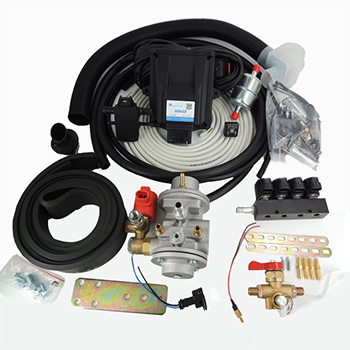
3. Gas vehicles require the use of specialized lubricating oil, which has the characteristics of "two highs and one difficulty" lubrication.
Special lubricating oil must be selected instead of the oil used in gasoline vehicles.Engine oil is developed and produced based on the working condition and lubrication characteristics of gasoline engines, and cannot adapt to the lubrication state of gas engines. If used, it will cause irreparable damage to the engine.
4. Why cannot gasoline engine oil be used for lubricating gas vehicles?
The high temperature generated by CNG combustion can cause ordinary grade oil to oxidize too quickly, leading to a decrease in oil quality or oil failure, which is not conducive to engine lubrication and protection.Under high temperature conditions, the high ash content additives of ordinary engine oil are prone to forming hard deposits on the surface of engine components. (Ash content, also known as sulfate ash content, is an indicator of the amount of metal additives in lubricating oil.)
Ordinary grade engine oil cannot solve the problems of valve wear and loose closing caused by dry gas. Gas vehicle exhaust contains a large amount of nitrogen compounds, which promote the nitration of ordinary engine oil, generate a large amount of sludge, block oil circuits, or generate harmful substances such as paint films.
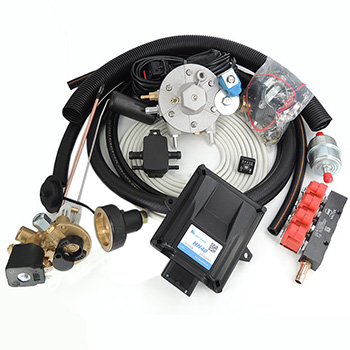
5. What are the consequences of using engine oil in gas vehicles?
Lack of lubrication protection can cause abnormal engine wear or malfunction.The sediment generated by high ash promotes engine component wear, spark plug blockage, and valve carbon accumulation, causing engine detonation, delayed ignition, and valve spray, resulting in engine weakness, unstable power, and shortened engine life.Worn or poorly closed valves can cause a decrease in engine power or malfunction.Generate a large amount of sludge, block oil circuits, or generate harmful substances such as paint films.
 Refer to£ºhttps://carfromjapan.com/article/car-maintenance/what-happens-when-you-run-car-on-two-stroke-fuel/
Refer to£ºhttps://carfromjapan.com/article/car-maintenance/what-happens-when-you-run-car-on-two-stroke-fuel/
The pictures and articles are from the internet. If there is any infringement, please contact us to delete them.
Popular articles
-
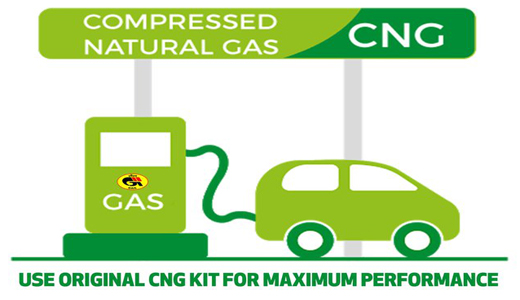
How the CNG Automotive S
Compressed natural gas (CNG) automotive systems
-
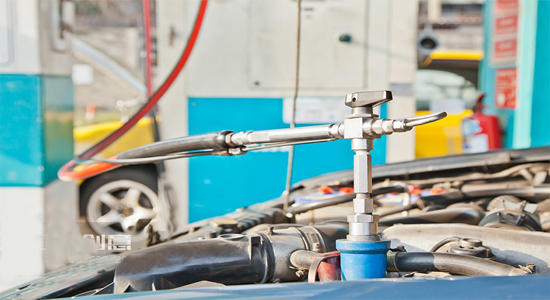
What Is CNG Pressure Red
The pressure reducer of natural gas vehicle is
-
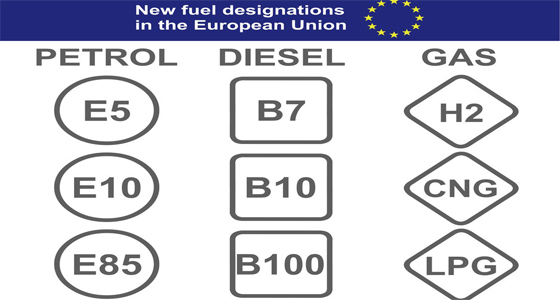
Advantages Of CNG Gas V
Compressed natural gas vehicles are vehicles th
-
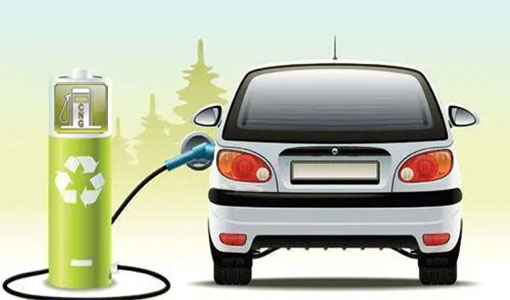
Advantages And Principle
LPG and CNG are two mainstream alternati
-
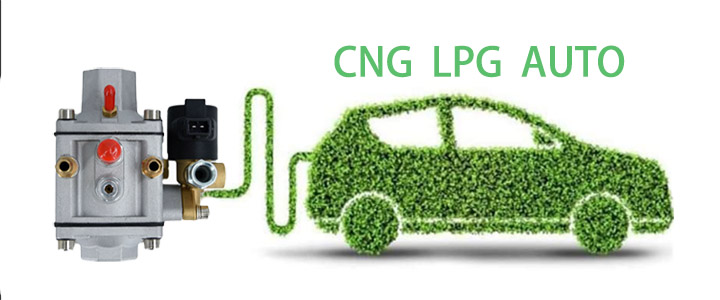
Differences Between Sing
Characteristics of Gas Single Point Device
-
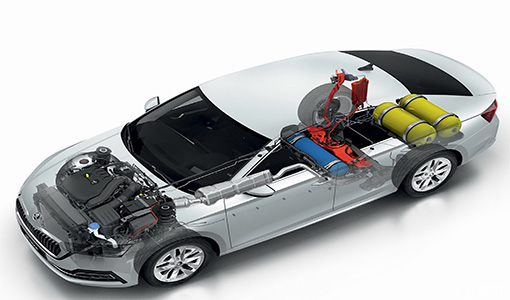
Reasons For High Gas Con
1. Original vehicle condition A. The tec
-
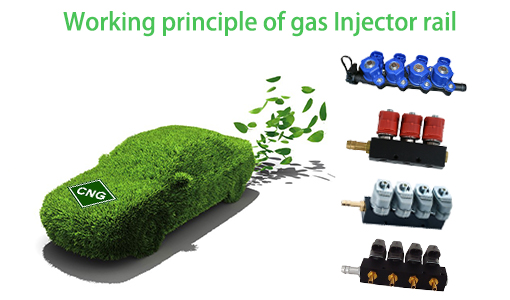
Working Principle Of CNG
Working principle of gas injection rail
-
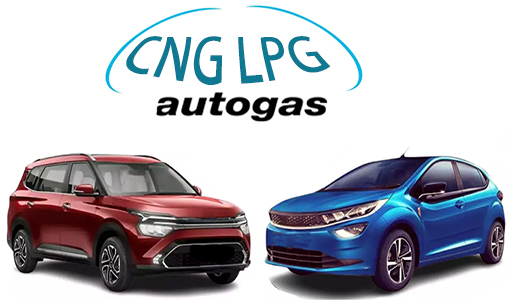
How To Improve The Power
1. Install ignition advance angle What i






Latest comments
0piece comment
no comments, welcome to comment¡£